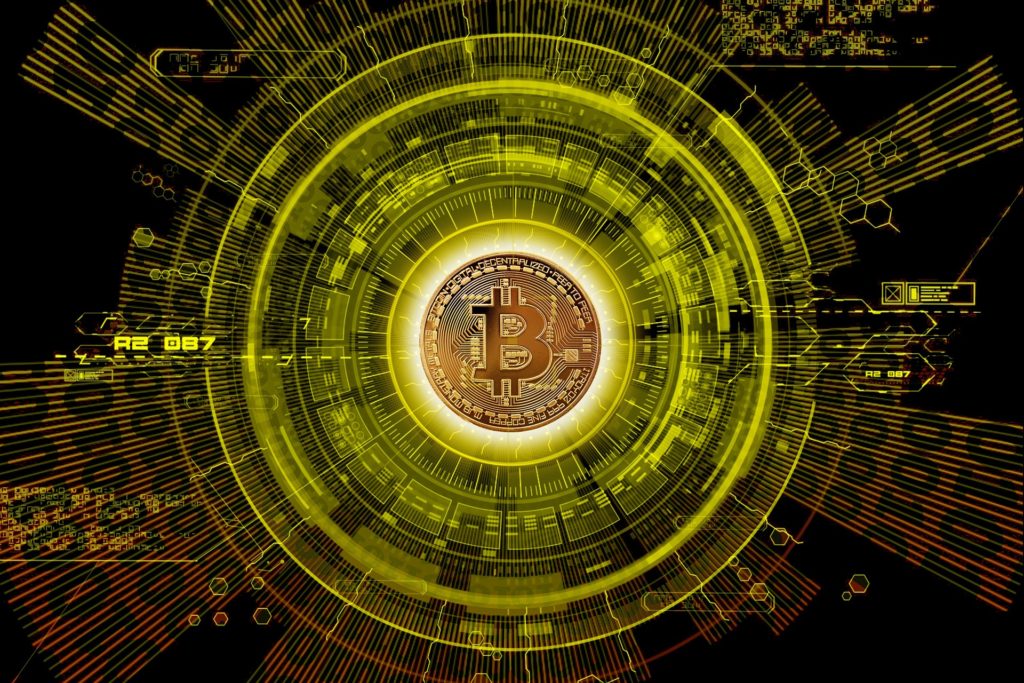Now let’s read about industries blockchain technology will disrupt. Insider Monkey has recently published an interesting article about it. Blockchain technology represents a decentralized and distributed ledger or database that allows transactions between two parties to be executed quickly and without the implication of third-parties. Moreover, parties can execute many agreements automatically through “smart contracts”, a computer protocol that can digitally facilitate the execution of a contract. Therefore, the technology should allow for faster transactions, faster execution, especially in processes that are highly automated, such as supply chain management, or logistics. All transactions executed through blockchain are irreversible and are stored permanently in the decentralized ledger. Due to decentralization, blockchain also assures that records are safe and data cannot be hacked or stolen.

Now without a further ado let’s see what Insider Monkey has investigated for us. We have picked three industries blockchain technology will disrupt from their list.
The first one is Human Resources. Hiring someone requires some effort on the part of the human resources department. In addition to interviews, HR professionals have to conduct background checks, make sure that a potential employee doesn’t have any criminal records and has in fact accurately presented the information in their CV. If all employment, criminal, and other information that is important to an employer would be stored in a blockchain database, the hiring process would’ve been much easier. The second one is Education. Blockchain could help improve the way that education credentials are being handled, thus making education one of the industries blockchain technology will disrupt. Currently, this process is mostly done manually and requires students to submit their diplomas or other records. With blockchain technology, school, college and other academic records could become more transparent, which would help in preventing fraud and streamline the admission or hiring process. At last, but not least we are mentioning Retail. Blockchain has many applications in the retail industry. For one, it could allow buyers and sellers to execute transactions directly, without going through a bank. For another, it could offer the consumer or retailer the possibility to trace a product’s path, as well as the path of each component, which could improve the quality of products. For example, International Business Machines Corp. (NYSE:IBM) has teamed up with Walmart Inc (NYSE:WMT), Nestle, Tyson Foods, Inc. (NYSE:TSN), Unilever and other food suppliers and retailers to develop a blockchain-based platform for tracking food supply chain in order to improve food safety.
For any further useful information, read Insider Monkey’s article about 20 industries blockchain technology will disrupt.




